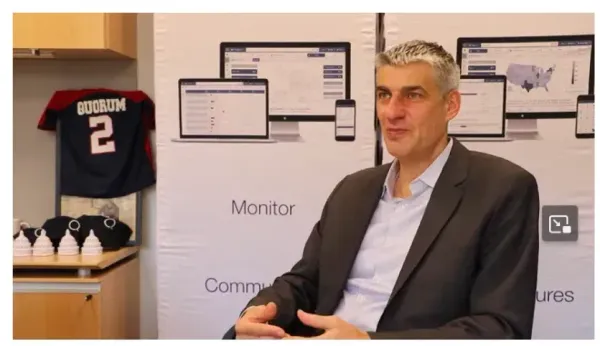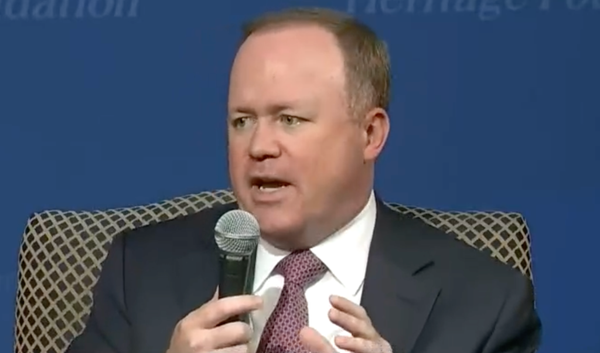Net Neutrality Critics, Advocates Gear Up for FCC Rumble on Thursday
As the Federal Communications Commission prepares to tackle the issue of Network neutrality at its October 22 meeting, major telecommunications carriers have all been sending letters to the FCC and newspapers in an effort to influence the agency actions. AT&T top lobbyists Jim Cicconi, Senior Execut
As the Federal Communications Commission prepares to tackle the issue of Network neutrality at its October 22 meeting, major telecommunications carriers have all been sending letters to the FCC and newspapers in an effort to influence the agency actions.
AT&T top lobbyists James Cicconi, Senior Executive Vice President at the company, recently sent out a memo to all of the company’s managers criticizing Net neutrality.
Titled, “Let your voice be heard: Internet regulation is bad for consumers, jobs, investment and universal broadband,” the memo said that Net neutrality rules would lead to job losses and decrease of choices.
“The FCC shouldn’t burden an industry that is bringing jobs and investment to the country, but if it is going to regulate the Internet it should do so fairly,” the letter read. “The goal of the FCC should be to maintain a level playing field by treating all competitors the same. Any new rules should apply equally to network providers, search engines and other information services providers.”
Supporters of Net neutrality have been just as vocal in trying to reach out to the FCC and the public in order to show support. On Tuesday morning “Father of the Internet” Vincent Cerf – Google’s chief internet evangelist – along with internet pioneers Stephen D. Crocker, David Reed, Lauren Weinstein and Daniel Lynch, sent a letter to the FCC supporting the topic.
In their letter, the scientists state:“We believe that the vast numbers of innovative Internet applications over the last decade are a direct consequence of an open and freely accessible Internet. Many now-successful companies have deployed their services on the Internet without the need to negotiate special arrangements with Internet Service Providers, and it’s crucial that future innovators have the same opportunity. We are advocates for ‘permissionless innovation’ that does not impede entrepreneurial enterprise.”











Member discussion